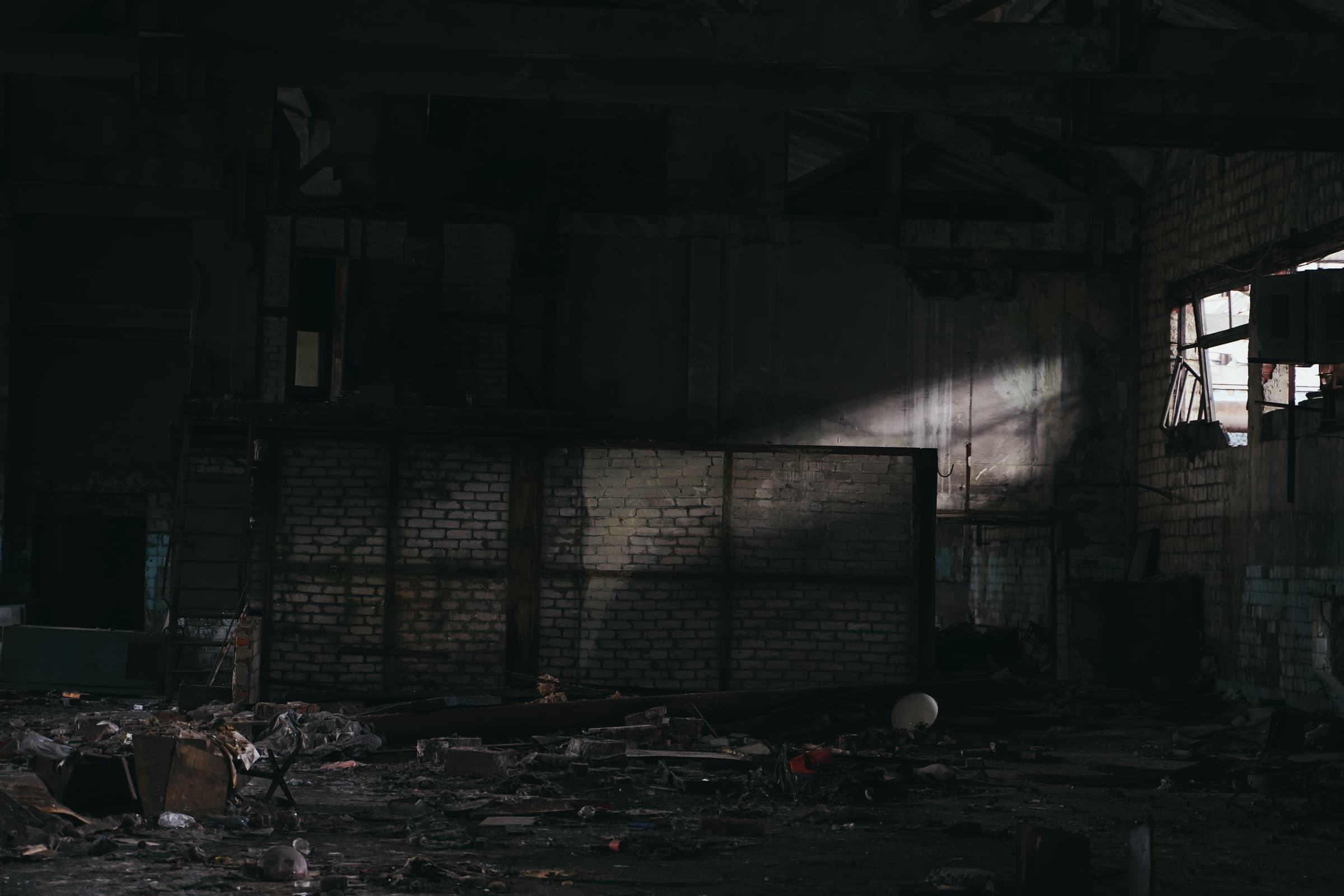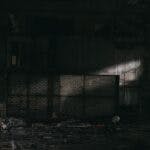
International law and the conflict in Ukraine
24 February 2022Download PDF (opens in new window)

1. In the Ukraine-Russia conflict, the laws of war apply.
International humanitarian law (IHL) – also known as the laws of war – apply in the countries that are party to the conflict, i.e., Russia and Ukraine. IHL regulates the means and methods of warfare and protect the civilian population and those who are wounded or captured. All parties to the conflict in Ukraine must comply with the rules of IHL.
2. All parties to the conflict must treat civilians and other protected groups humanely.
Persons who are not or no longer fighting are protected by international humanitarian law. These groups include civilians and wounded or captured fighters. State forces of Russia and Ukraine, separatists, and other armed groups that are party to the conflict must treat these persons humanely. For example, acts of violence and torture are forbidden.
3. Attacking civilians and civilian objects is not allowed.
Both Ukrainian and Russian forces, as well as separatists and other armed groups, must distinguish between civilians and combatants, and between civilian objects and military objectives. Attacks can only be directed against fighters and military objectives, such as barracks. Targeting civilians, their homes, or crucial infrastructure is forbidden.
4. Invasion, occupation, and annexation are not the same.
Invasion means armed forces enter another state without consent. Occupation describes a situation where armed forces take effective control over territory in another state without consent. Only when the local government is unable to exercise authority over the territory and the foreign forces have the potential to takes over this role, an invasion becomes an occupation.
5. Those who violate the laws of war can be held accountable.
Serious violations of international humanitarian law are war crimes. If Russian or Ukrainian soldiers, separatists or members of other armed groups violate the rules, they can be held to account. The International Criminal Court (ICC) can open an investigation. The authorities of both countries can – and should – prosecute perpetrators themselves. In addition, third countries can use the principle of universal jurisdiction that allows the prosecution of international crimes irrespective of the place where they have been committed or the nationality of the perpetrators.